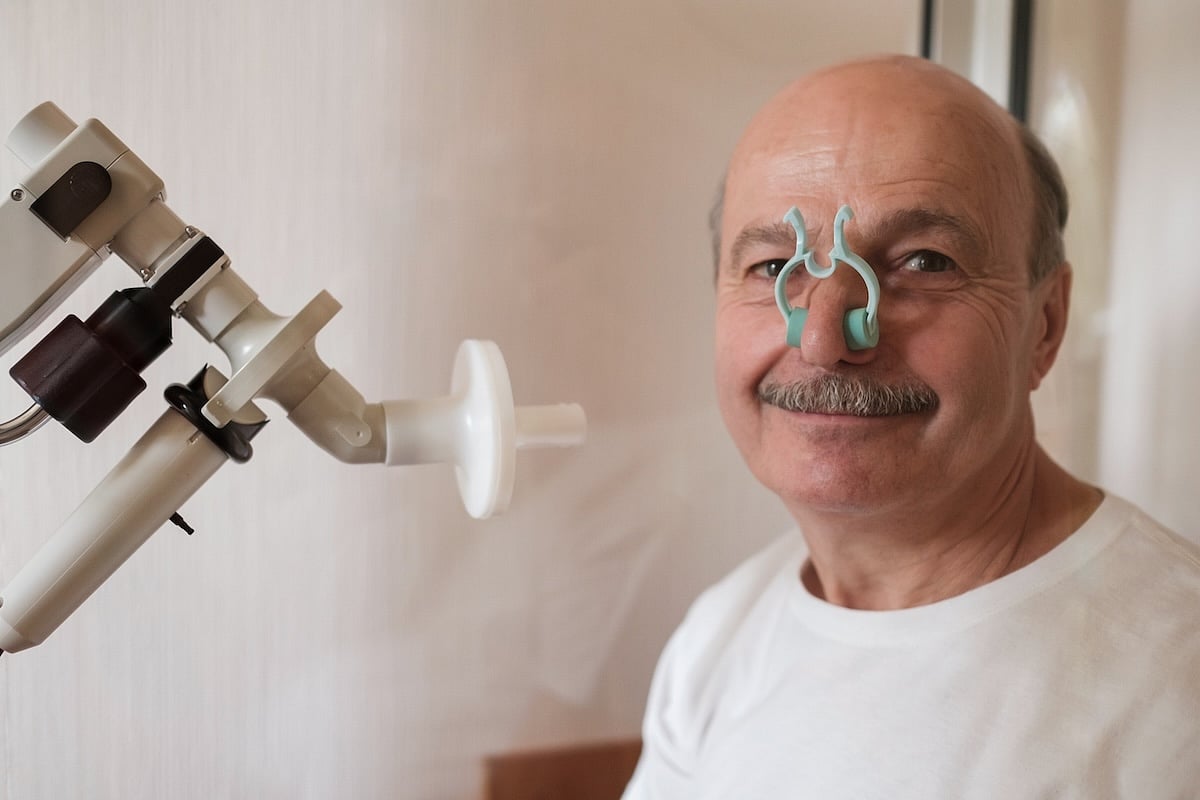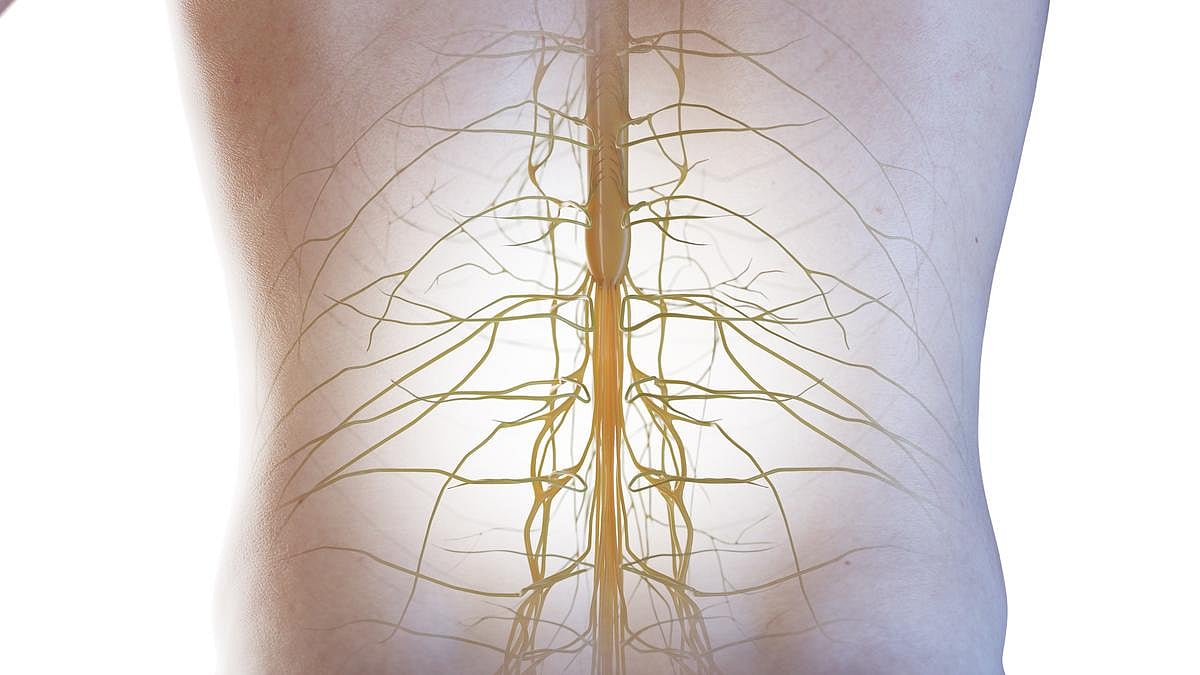
The blues and the jitters are very common among people battling chronic pain, a new evidence review says. About 40% of adults with chronic pain have symptoms of depression or anxiety, researchers report in JAMA Network Open. Women, younger adults and people suffering from fibromyalgia are particularly vulnerable to mood disorders caused by chronic pain,… read on > read on >






























